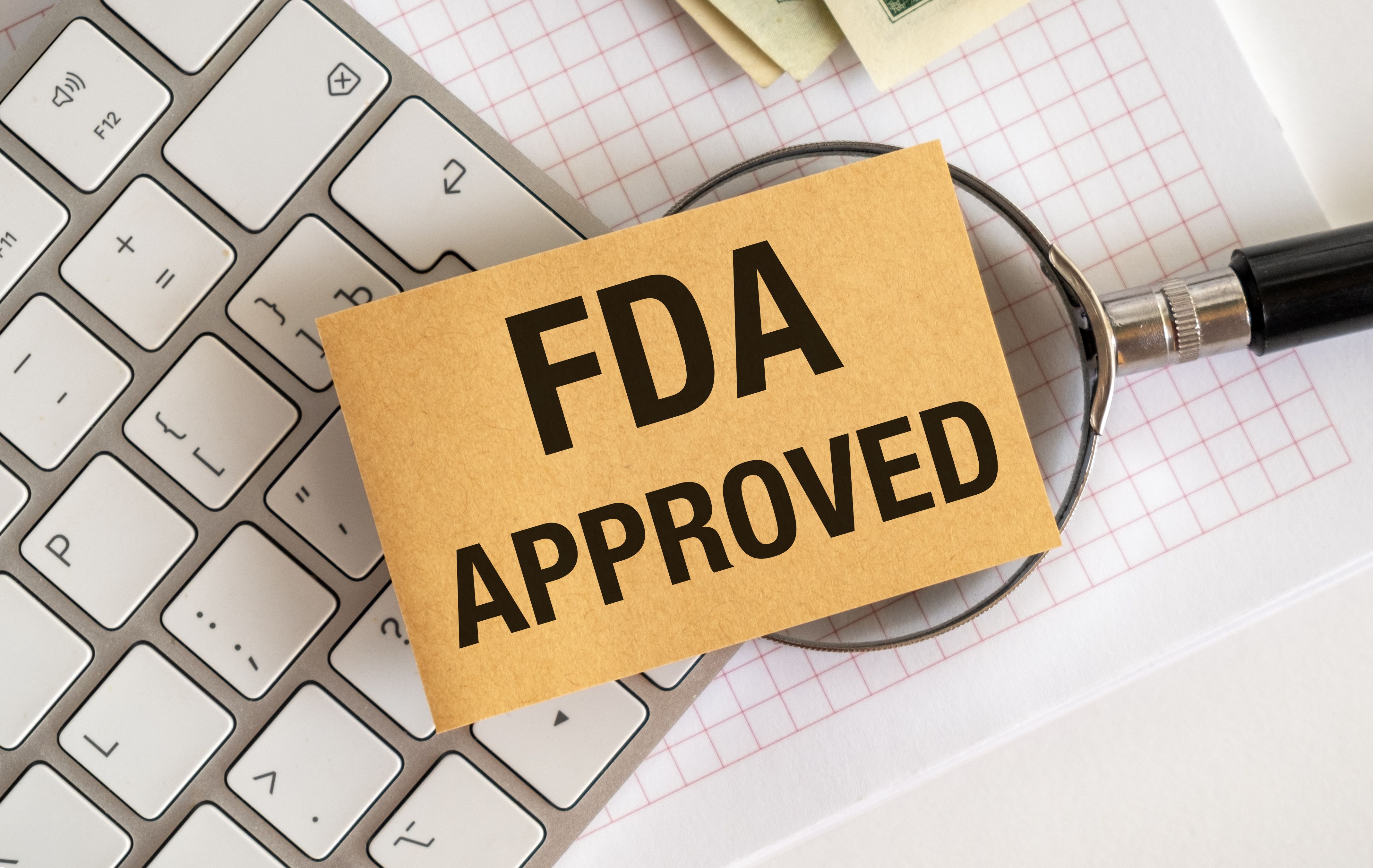- Center on Health Equity & Access
- Clinical
- Health Care Cost
- Health Care Delivery
- Insurance
- Policy
- Technology
- Value-Based Care
FDA Approves First Subcutaneous Nivolumab Injection in Most Solid Tumors
FDA approves the first subcutaneous version of nivolumab, making PD-1 inhibitors available to new groups of patients.
The FDA has approved subcutaneous nivolumab and hyaluronidase-nvhy (Opdivo Qvantig) for subcutaneous injection across approved nivolumab (Opdivo) indications for adult, solid tumors as monotherapy, monotherapy maintenance following completion of nivolumab plus ipilimumab (Yervoy) combination therapy, or in combination with chemotherapy or cabozantinib (Cabometyx), making it the first and only subcutaneously administered PD-1 inhibitor for adult patients with solid tumor nivolumab indications.1
FDA approves the first subcutaneous version of nivolumab, making PD-1 inhibitors available to new groups of patients. | Image Credit: Pawel - stock.adobe.com

"We are pleased Opdivo Qvantig, which is co-formulated with our Enhanze drug delivery technology, is now FDA-approved as the first and only subcutaneously administered PD-1 inhibitor in the US," Helen Torley, MB ChB, MRCP, president and chief executive officer of Halozyme, said in a statement.2 "This approval represents our ninth co-formulated product and is yet another example of how Halozyme's innovative ENHANZE technology is enabling greater flexibility and optionality for patients."
The approval covers indications for renal cell carcinoma (RCC), melanoma, non–small cell lung cancer (NSCLC), head and neck squamous cell carcinoma, urothelial carcinoma, colorectal cancer, hepatocellular carcinoma, esophageal carcinoma, gastric cancer, gastroesophageal junction cancer, and esophageal adenocarcinoma.1 However, nivolumab and hyaluronidase-nvhy is not indicated in combination with intravenous ipilimumab.
The approval is based on findings from the phase 3 CheckMate-67T trial (NCT04810078), a randomized, open-label, noninferiority study evaluating its efficacy and pharmacokinetics compared with IV nivolumab in adult patients with advanced or metastatic clear cell RCC previously treated with systemic therapy.
Patients were randomly assigned to receive either subcutaneous nivolumab, administered as a flat dose of 1200 mg co-formulated with 20,000 units of hyaluronidase every 4 weeks, or IV nivolumab at 3 mg/kg every 2 weeks, following dosing guidelines in place at the start of the study. Treatment was continued until one of the following occurred: disease progression, unacceptable toxicity, withdrawal of consent, completion of 2 years of treatment, or death.3
The trial demonstrated noninferiority for the co-primary end points of time-averaged concentration (Cavg) over 28 days and minimum concentration (Cmin) at steady state with geometric mean ratios (GMR) of 2.10 (90% CI, 2.00-2.20) and 1.77 (90% CI, 1.63-1.93), respectively.1
Additionally, a key powered secondary end point showed an overall response rate (ORR) of 24% (95% CI, 19-30) in the nivolumab and hyaluronidase-nvhy arm, compared with 18% (95% CI, 14-24) in the IV nivolumab arm, confirming comparable efficacy.
The safety profile was consistent with that of IV nivolumab. Serious adverse reactions occurred in 28% of patients, with pleural effusion, pneumonitis, hyperglycemia, hyperkalemia, hemorrhage, and diarrhea reported in over 1% of patients.
Common adverse reactions (≥ 10% of patients) included musculoskeletal pain (31%), fatigue (20%), pruritus (16%), rash (15%), arthralgia (12%), and cough (11%). Fatal adverse reactions were reported in 3 patients (1.2%), attributed to myocarditis, myositis, and colitis complications. Adverse reactions led to treatment discontinuation in 10% of patients.
The recommended dosing for subcutaneous nivolumab varies by indication: 600 mg of nivolumab with 10,000 units of hyaluronidase every 2 weeks, 900 mg of nivolumab with 15,000 units of hyaluronidase every 3 weeks, or 1200 mg of nivolumab with 20,000 units of hyaluronidase every 4 weeks. Treatment continues until disease progression, unacceptable toxicity, or as specified in the prescribing information.
References
1. FDA approves nivolumab and hyaluronidase-nvhy for subcutaneous injection. FDA. December 27, 2024. Accessed January 2, 2025. https://www.fda.gov/drugs/resources-information-approved-drugs/fda-approves-nivolumab-and-hyaluronidase-nvhy-subcutaneous-injection.
2. Halozyme announces FDA approval of Bristol Myers Squibb's Opdivo Qvantig with ENHANZE for subcutaneous use in most previously approved adult solid tumor Opdivo (nivolumab) indications. Halozyme. News release. December 30, 2024. Accessed January 2, 2025. https://www.prnewswire.com/news-releases/halozyme-announces-fda-approval-of-bristol-myers-squibbs-opdivo-qvantig-with-enhanze-for-subcutaneous-use-in-most-previously-approved-adult-solid-tumor-opdivo-nivolumab-indications-302339837.html.
3. Albiges L, Bourlon MT, Chacón M, et al. Subcutaneous versus intravenous nivolumab for renal cell carcinoma. Ann Oncol. Published online September 15, 2024. doi:10.1016/j.annonc.2024.09.002
The Breakdown: Breast Cancer Research Awareness Day
August 19th 2025Breast cancer is the second most common cancer among women and the second leading cause of cancer-related deaths among women in the US. In light of Breast Cancer Research Awareness Day, The American Journal of Managed Care® breaks down the most recent advancements in breast cancer prevention, screening, and therapies.
Listen
